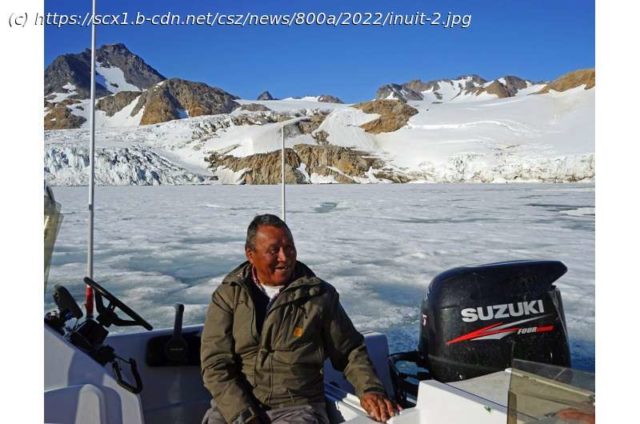How can we educate about the climate crisis in a way that gives students the tools they need to move towards hopeful visions for the future?
How can we educate about the climate crisis in a way that gives students the tools they need to move towards hopeful visions for the future?
A new kind of climate course has emerged from our collaboration at McGill University across the fields of environmental studies, biology, geoscience and science communication as we teamed up to explore this question.
The Climate Crisis and Climate Actions course is an interdisciplinary, « whole-person » introduction to the climate crisis that includes an emphasis on individual and collective actions.
Designing the course required reaching beyond our disciplinary boundaries, to match the multifaceted nature of the climate crisis. For over two years, we consulted with researchers and educators across the campus and beyond.
The value of a holistic approach was inspired by discussions about Indigenous knowledge and pedagogy. We received early guidance and consultation around this by Kanien’kehá:ka Faithkeeper Ka’nahsohon Kevin Deer from Kahnawake, and Stryker Calvez, a Michif researcher and educator and director of Reconciliation, Equity, Diversity and Inclusion at the City of Saskatoon.
We wove threads of Indigenous perspectives and resources throughout the course materials, lectures and assignments. For example, the importance of learning physically, emotionally and spiritually, in addition to intellectually—central to Deer and Calvez’s teachings—was a focus in our course through weekly reflective journaling to help students engage at these levels. Deer has continued to be involved in the course as a guest lecturer and advisor.
Here are some of our guiding principles for the course.
We wondered: Do we begin with the science of carbon in the Earth system or the roots of colonialism? Do we emphasize Indigenous knowledge, the science or socioeconomics of climate change? The problem or the possible solutions? What role should empowering our intellect versus our emotions play? Many educators are grappling with these questions as we collectively think about how to prepare the next generations for challenges ahead.






